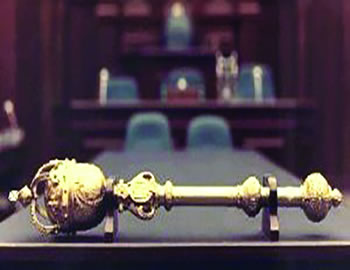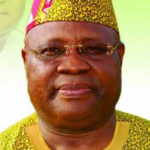Parliament, as we all know, is made up of men and women who are representatives of their people from various places across the country. In parliament, representatives make bills, debate them, enact laws and make provisions for the smooth running of administration in their respective states.
How has delegated legislation achieved its objectives? The answer to this is simple and pertinent. In parliament, power is decentralised through creation of various committees to examine and take actions on certain issues referred to them.
A committee, for example, is charged with the responsibility of providing funds for the maintenance of government, covering budget planning, finance and implementation. Others like standing committee, ad hoc committee and scrutiny committee are equally useful as they are empowered to perform statutory functions in the name of the House of Assembly.
Delegated legislation does not limit itself to committees alone, as various tribunals are given the mandate to perform on behalf of the parliament or government. The one on agriculture, for example, has to do with provision of adequate food for the people, while the one on transport deals with the means for easy movement of people and goods.
When all these agencies are set up, the parliament provides guidelines and the various committees to report back to it. The parliamentary system is good for Nigeria.
- Ola-Olaniyi Bamgbola,
Ibadan, Oyo State.






